Here’s a helpful new way to visualize your journey through climate distress
A professor at the University of Helsinki has created a roadmap that shows how people mentally and emotionally move from climate denial to climate awakening, shock, adjustment, and transformation.
Hi there!
Welcome to Gen Dread, a newsletter about how the climate crisis is making us feel, why that’s happening, and what we can do about it. Subscribe now to find community, comfort, and practical coping strategies from experts all around the world.
Hey. You’ve changed.
Think about where you’re currently standing in your awareness of the climate crisis.
Maybe you’ve had your eyes painfully wide open for years now, organizing protests, writing to politicians, and devouring George Monbiot (the books, not the man himself). Or maybe the gravity of what we’re facing has only recently started to hit you.
Either way, what’s important here is that you have spanned some serious ground. You’ve changed. At some point, you started moving from a place of indifference, disavowal, or denial into a place of understanding, acceptance, and adaptation. That’s an incredibly uncomfortable and courageous thing to do, especially while so many people around you just continue to shrug.
If you tried to draw your feelings about the climate crisis, what would they look like?
So, here’s a question: what has your evolution felt like? Has it been sudden or gradual? What emotions has it brought up for you? When you first began to realize that life on earth is facing a profoundly grave and rapidly worsening threat, did you feel angry? Despondent? Or did it energize you and propel you into activism? What colour were your feelings when the realization first crept in? Has that colour shifted over time, or stayed the same?
As more and more people begin to awaken to the severity of the climate crisis, we need language to name and describe that transformation and the emotional challenges it ignites. Imagine we had a visual depiction of this vibrant, painful, life-changing experience, a road map for how to move through it ourselves while also reminding us to hold space and deepen our empathy for people who might be behind us or ahead of us in the journey.
Dr. Panu Pihkala has just given us this very thing.
Dr. Pihkala, a Professor in Environmental Theology at the University of Helsinki, has just unleashed “The Process of Eco-Anxiety and Ecological Grief”. We’ve featured his work before, and now you can read his new research paper here. But let’s start with the visual model:
In tomorrow’s edition of Gen Dread, Dr. Pihkala will offer some thoughts on how his process model can help us in our day-to-day lives, how we should be using it, and why distancing ourselves from the climate crisis is actually a crucial part of coexisting with it…as long as you practice the right kind of distancing. Watch for Part 2 in your inbox in a mere matter of hours!
Making Waves
Trevor Lehmann is a counsellor and the founding president of the Climate-Informed Counsellors Chapter of the Canadian Counselling and Psychotherapy Association (CCPA). Lehmann’s work is focused on career development within young adults as well as those experiencing life transitions. He provides resources for individuals looking for a career that helps address the climate-crisis, yet are unsure of what to do. Lehmann created An Imperfect Guide to Career and Climate to help people navigate this complex intersection by way of meaningful opportunities that are authentic to each individual. Access the free guide below:
Ahead of the 5th International Marine Protected Areas Congress, the #ProtectingBlueNature podcast is here with some new episodes focused on biodiversity and climate change. In Episode 3, I (Britt Wray) explain how my research uncovers the ways in which eco-anxiety is brought on by the twin crises of decreasing biodiversity & climate crisis. Access the episodes of Impac5 Podcast : Protecting Blue Nature below:
A digital zine featuring artworks of British Columbian youth aged 18-30 that showcases feelings of eco-anxiety, eco-grief and other emotions in response to the planetary health crisis. Follow Apathy is Boring: RISE Vancouver on Instagram and read their zine below:
As always, you can share your thoughts with me and reach the Gen Dread community by commenting on this article or replying to this email. You can also follow me on Twitter and Instagram. I am not able to respond to every message, but I read them all and reply when I can.
‘Til next time!





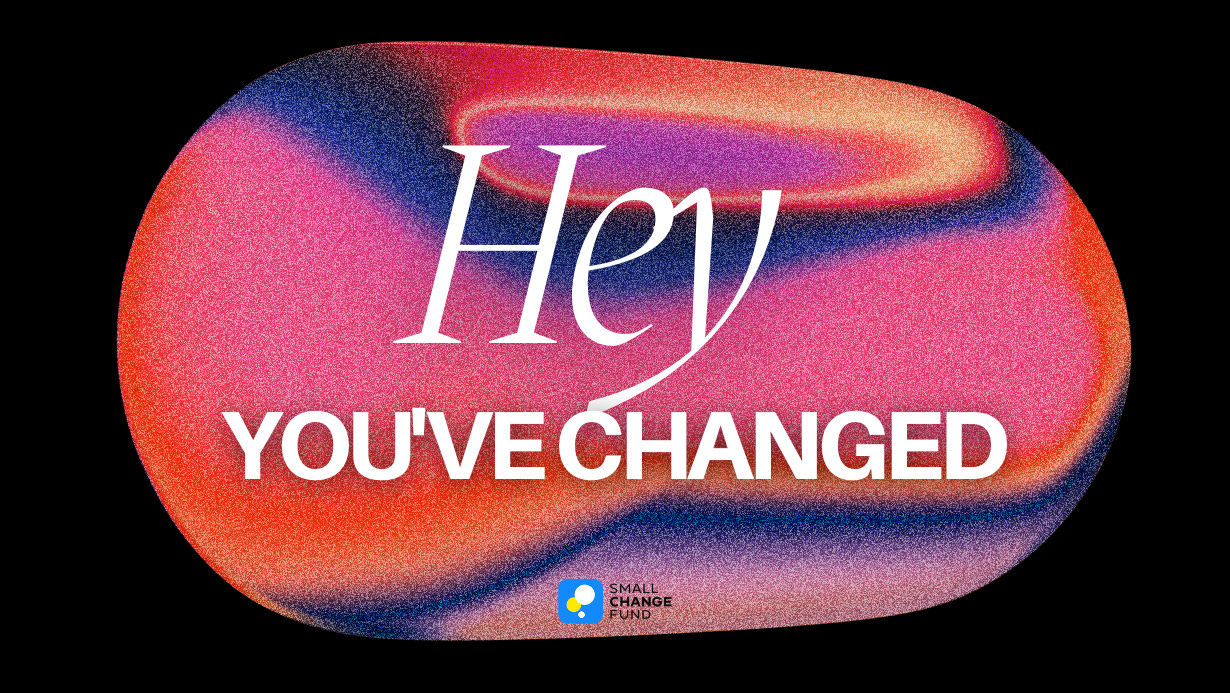
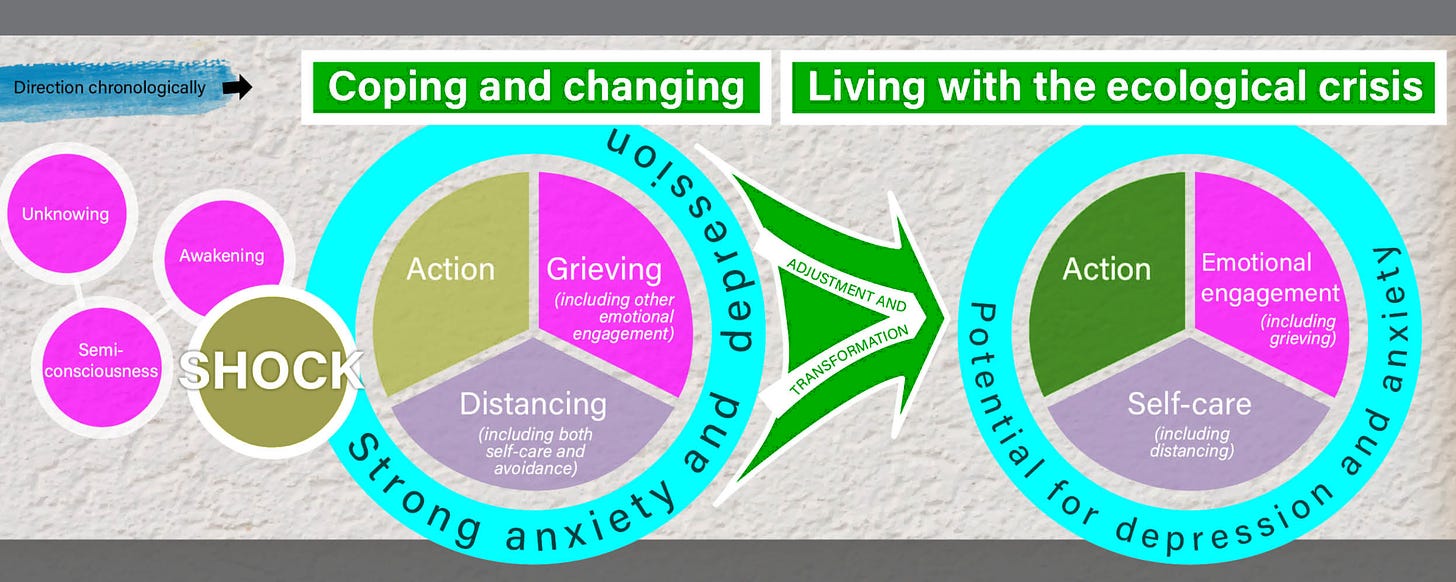
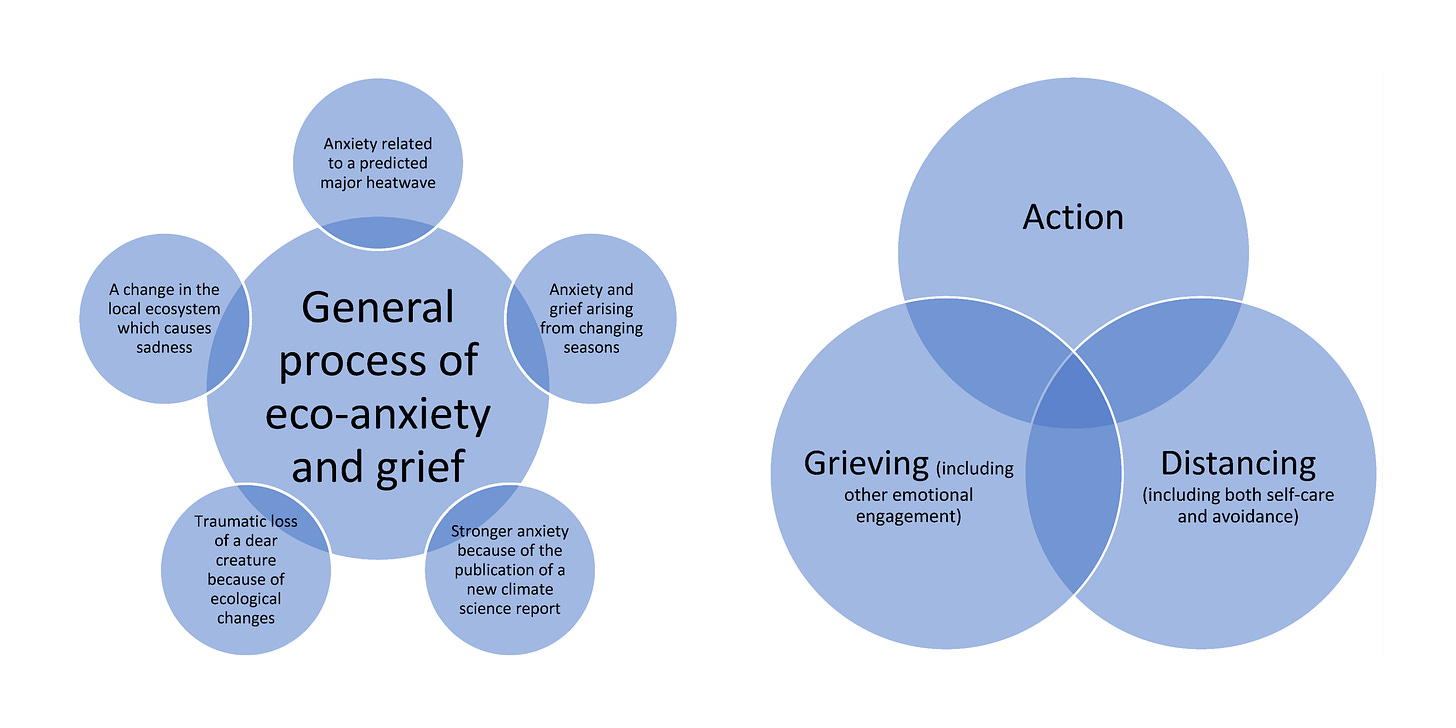
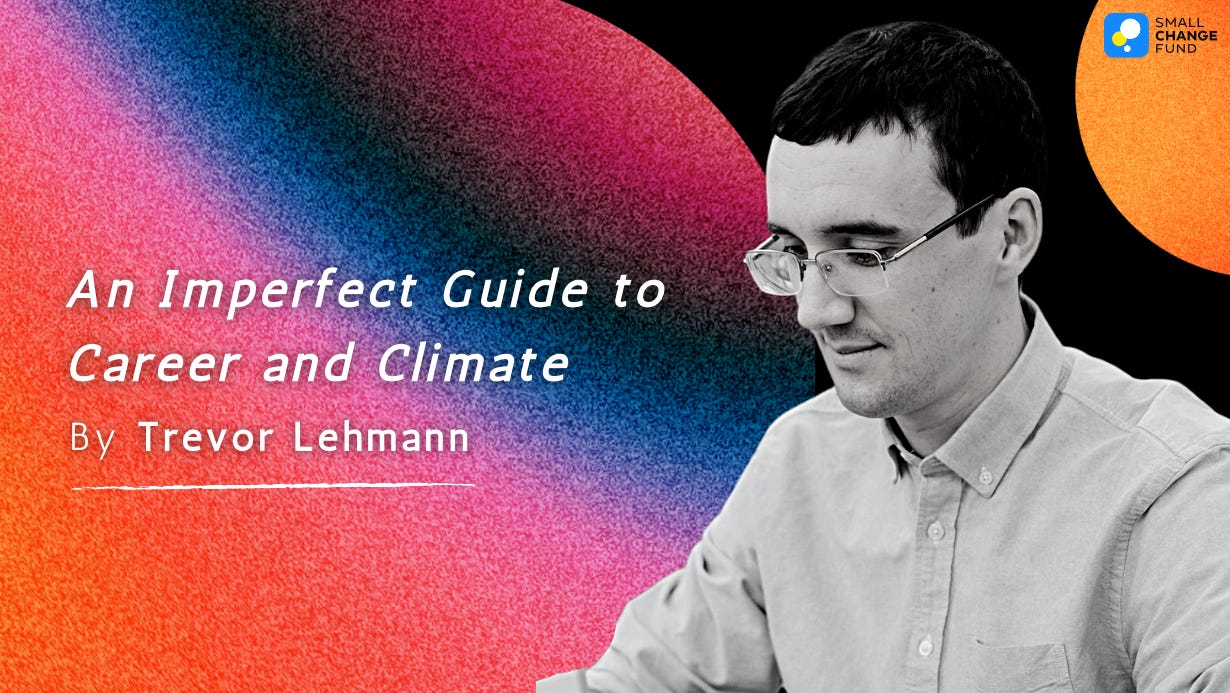
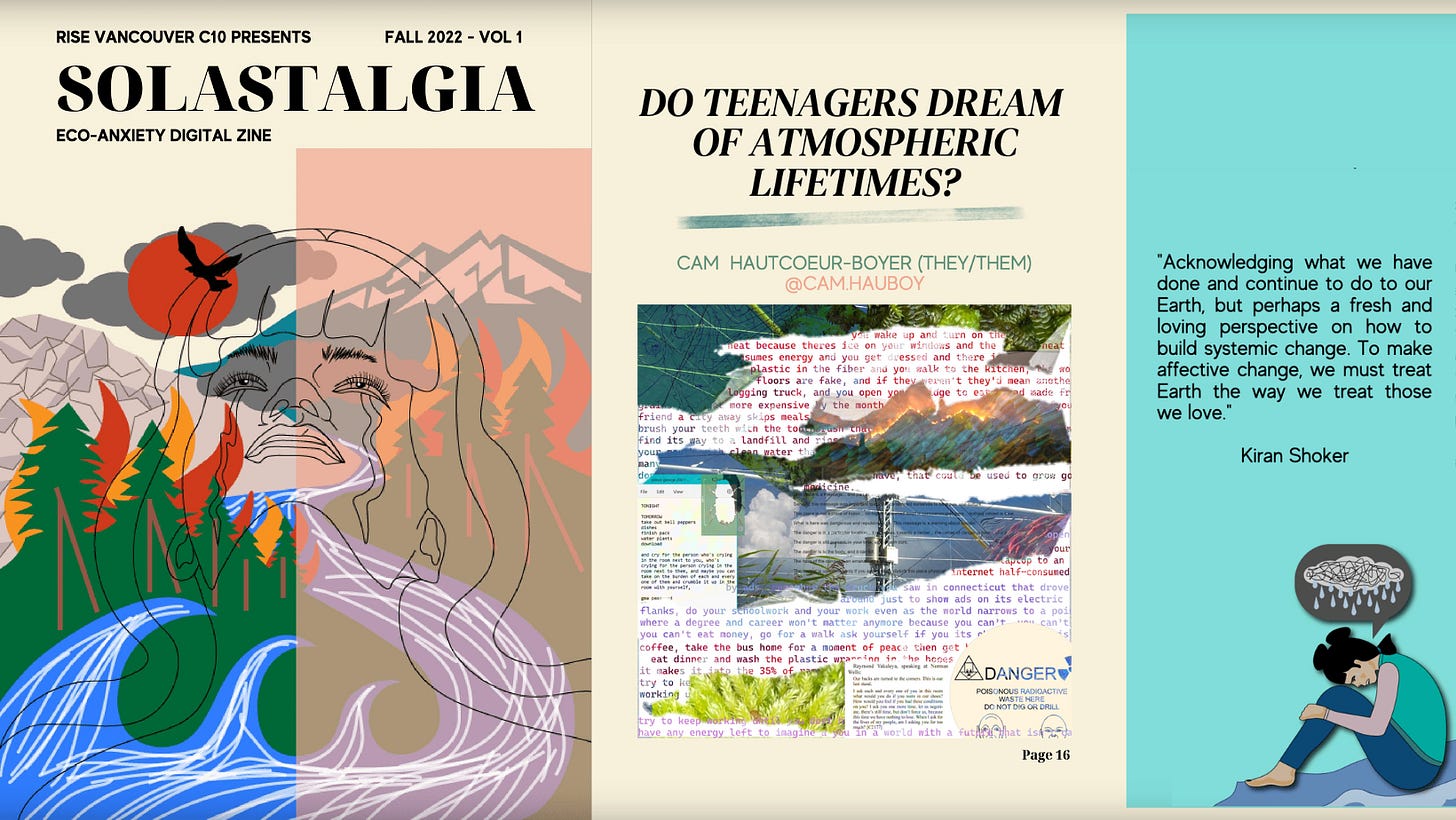
Hi Britt,
I am so inspired by your book + work. I saw the Climate Baby Dilemma on CBC (fellow Canadian here!) and loved it. I teach climate justice at a college in Toronto and we explore the intersectionality of race, climate and relationship with Indigenous Peoples. This year, I am also including an assignment on healing climate anxiety through being in nature. I would love to talk to you about my course (there aren’t many being offered in sustainability programs). Happy to send you more info. :)
We are living in a climate crisis, which if we don't act now to demand Climate justice, our future is threatened. Before we suffer from climate risk, we need to act as urgently.